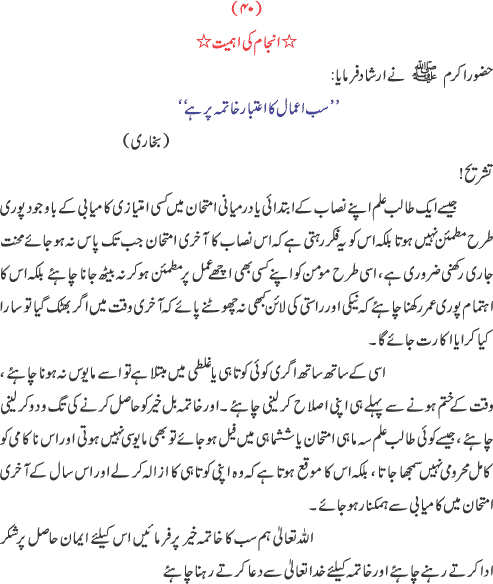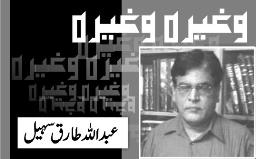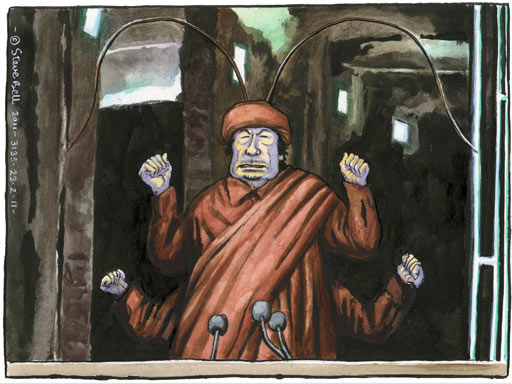
Sixty-three years old and suffering from grave identity crisis. Sixty-three years old and still requiring hoards of people to continue knee-jerking their way across a number of hyperbolic patriotic clichés and chants. This is Pakistan.
Ours is a country with an economic, political and military elite and an awkward but growing urban middle class that is still playing out a redundant fantasy: a flight of fancy that sees Pakistan as some monolithic and one-dimensional construction where everyone can be conveniently pigeonholed within a single concept of faith, language and patriotism. Many dictators, terrorists and ethnic and sectarian fragmentations later, the retarded evolution of this country has given birth to a generation of young, urban Pakistanis who have lost all capability to look through hypocrisy and deceit.
This is a generation that was born and raised in the post-Cold War world. A world where communism had been defeated and in which a mixture of consumerism and the resurgence of faith collaborated to turn everything, from entertainment to information to faith itself into an industry. An industry squarely catering to a highly depoliticised market of young people in a scenario where the state was eroding, where politicians had delegated much of their roles to multinational corporations, to the NGOs and to a new set of preachers who had turned religion into a media-savvy enterprise.
Faith and capitalism came together to celebrate the fall of communism/socialism –creatures they had accused of keeping the middle class distracted by ideological issues, and in a state of stasis from which this class could not progress economically or spiritually. But communism’s defeat and the end of the Cold War did not solve problems like poverty, economic disparity, despotism, etc. It did however give the post-Cold War generation a chance to enjoy (on credit) services and products that were almost unattainable among the many from the generation before.
To enjoy these without having much of a guilty conscience, the same triumphant system of post-Cold War capitalism also constructed attractive valves through which young hip consumers, neo-yuppies and aspiring new bourgeoisies could escape into the spiritual realm. Here fast-talking corporate gurus would tell them how to balance hefty profit-making with ‘corporate responsibility’, and where slick men and women of faith would (basically) explain to their ever-growing audiences how to enjoy the fruits of brand-waving consumerism with a set of spiritual lingo and rituals that would help keep them connected to God.
All this took place mostly after 1995. A sham democracy manipulated by the military from behind the scene that had turned politicians into punching bags for whatever that was putting a spanner in Pakistan’s economic progress saw the new urban generation consider democracy as a corrupt hindrance in their growth as an economic force. Though millions of young people suddenly became aware of the corrupt ways of politicians, ironically the same millions could not figure out the scams they were being burdened with in the name of plastic money by the banks.
Neither was this generation willing to ask that simple question: if politicians were siphoning off millions of rupees, weren’t these still only a fraction of what the military got by way of military aid, jobs, industries and, of course, the largest chunk of the country’s budget? Then came our own nuclear device, the clandestine and expensive making of which our leaders had boasted about earlier and we were ready to eat grass. But it was certainly neither the elite nor the middle class that were chewing this figurative grass. It was the majority, the so-called masses.
Alas, though the coming together of neo-capitalism and faith only managed to instill psychic confusion in the youth, this confusion, instead of lashing out against the artificiality and dichotomies found in the new ways of economics and spirituality, buckled under the weight of a narrative constructed by the drivers of the new arrangement. Those who had benefited most from the setup — the military, the slick religious preachers and capitalists – with the help of the corporate gurus, seth-owned private media, began to invoke God and ‘honour-cum-pride’ against those whom they considered to be enemies of the middle class, the country and religion.
These ‘enemies’ were politicians advocating democracy – they became labelled as ‘corrupt’ and insensitive—not that many of them were not corrupt. Enemies also included the last bastions of liberal or the shrinking left-leaning journalism (who suddenly became ‘liberal fascists’) and certain Islamic scholars who, unlike the political-religious groups patronised by the military and the traders, spoke more about the benevolent, tolerant and democratic aspects of Islam instead of hatred in the name of faith and national honour.
The glaring dark irony surrounding even the most modern members of the new generation is that they have ended up equating the availability of all the goodies of the corporate and consumerist setup that they have become addicted to with a projected belief. A belief that suggests that a ‘moderate’ authoritarian political setup (preferably by the army or at least backed by it), coupled with an identity defining version of bourgeois Islam, is what will make Pakistan more sovereign and more proud.
It’s like a hoard of sheep all going baa when told by the media, the military and the political maulanas, that they are the defenders of the Pakistan’s honour. The sad part is, each sheep, though baaing exactly like the other, is deluding himself into believing that he truly is a proud citizen.
Source:
Dawn


















